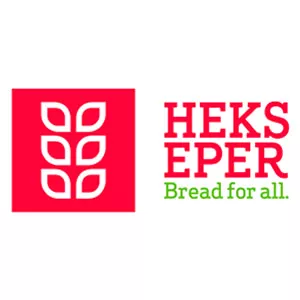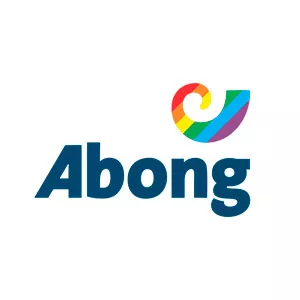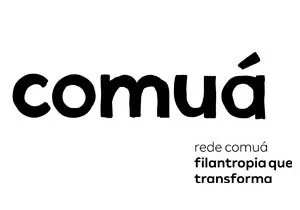Gender debate guides the Annual Meeting of HEKS Brazil Partners
04 de May de 2016Published on: 5th April, 2016
The Annual Meeting of HEKS Brazil Partners was held in Salvador (Bahia) between 29th and 31st March. The meeting had the following aims: updating communication on the institution’s policy; improving understanding of the Country’s Management Cycle Programme (all of the projects supported in Brazil) and partner organizations’ initiatives; identifying challenges and defining action agreements circulated between partners on the Country Programme’s central topics at national and regional levels (Latin American).
A further target of the event was to discuss and define a gender strategy for the group of partners in the cerrado region. With this need in mind, the meeting was organized with CESE, which facilitated training in the area. “Holding this workshop provided an understanding of what a gender approach within projects means and has also given various elements for an institutional gender policy at each organization”, evaluates Vicente José Puhl, Country Programme director. Vicente also highlights that the meeting was relevant, so that field recommendations are defined, considering that the programme will include guidance for the group of partners. “We made a good start at this”, he evaluates.
“It was an important opportunity for further investigation and we left more convinced that the issue of gender should be included in all of our institutional actions, whether they are in a network or in the foundations. From what each partner has presented, these few days have shown that we can improve and enhance what we are already doing” comments Marilene Alves de Souza, Administrative Agriculture Centre in the North of Minas (CAA-NM) coordinator.
Zaira Moutinho, Commission in Defence of Extractivist Communities’ Rights (CODECEX) coordinator, ends the training with the feeling and understanding that there is a collective effort on the issue of gender. “It became very clear in this debate that we need to be more cautious with specifics – for those who are working with indigenous people and traditional communities, whether they are flower pickers, quilombo residents or those living by riversides. We need to understand that it is not only a training process but also preparation with these specific contexts. You cannot arrive with something that is ready-made to discuss gender”, considers the CODECEX coordinator.
SEE WHAT THEY SAY ABOUT US
In the name of historical and structural racism, many people look at us, black women, and think that we aren’t competent, intelligent, committed or have no identity. Our experience with CESE is different. We are a diverse group of black women. We are in varied places and have varied stories! It’s important to know this and to believe in us. Thank you CESE, for believing in us. For seeing our plurality and investing in us.
When we hear talk of the struggles of the peoples of the waters, of the forests, of the semi-arid region, of the city peripheries and of the most varied organizations, we see and hear that CESE is there, at their side, without replacing the subjects of the struggle. Supporting, creating the conditions so that they can follow their own path. It is this spirit that we, at ASA, want you to maintain. We wish you long life in this work to support transformation.
I am a macumba devotee, but I love being with partners whose thinking is different from ours and who respect our form of organization. CESE is one such partner: it helps to build bridges, which are so necessary to ensure that freedom, diversity, respect and solidarity can flow. These 50 years have involved a lot of struggles and the construction of a new world.
CESE was set up during the most violent year of the Military Dictatorship, when torture had been institutionalized, when arbitrary imprisonment, killings and the disappearance of political prisoners had intensified. The churches had the courage to come together and create an institution that could be a living witness of the Christian faith in the service of the Brazilian people. I’m so happy that CESE has reached its 50th anniversary, improving as it matures.
Over these 50 years, we have received the gift of CESE’s presence in our communities. We are witness to how much companionship and solidarity it has invested in our territories. And this has been essential for us to carry on the struggle and defence of our people.
You have to praise CESE’s capacity to find answers so as to extend support to projects from traditional peoples and communities, from family farming, from women; its recognition of the multiple meanings of the right to land, to water and to territory; the importance of citizenship and democracy, including environmental racism and the right to identity in diversity in its discussion agenda, and its support for the struggles and assertion of the values of solidarity and difference.




















